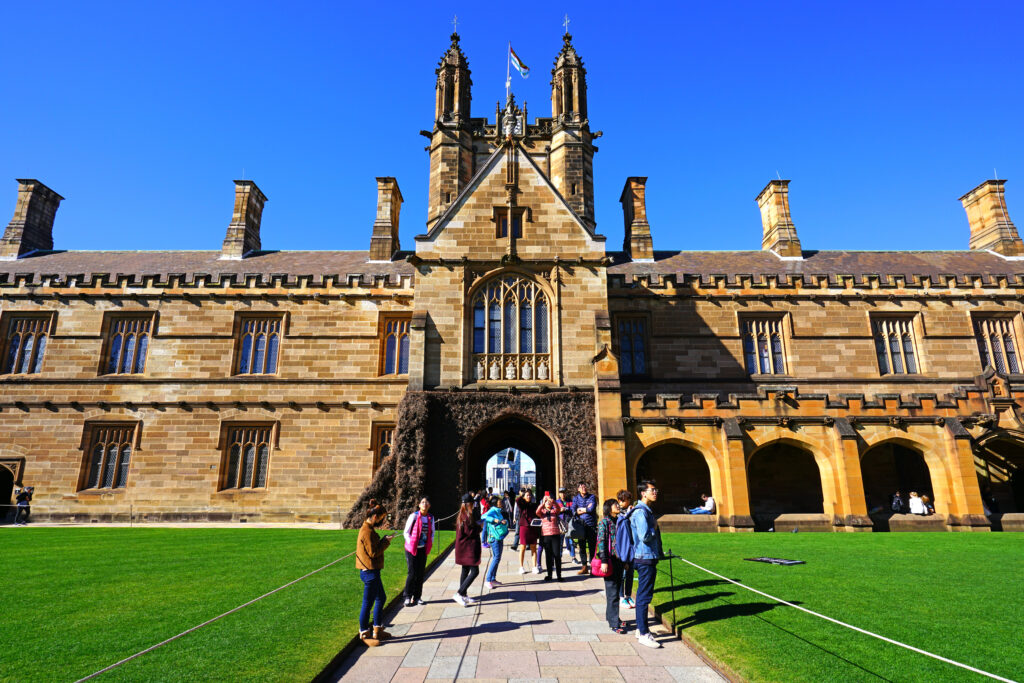The Australian Government has introduced legislation to establish a National Student Ombudsman, marking a significant step towards improving the rights and welfare of students across higher education institutions. Aimed at providing a trauma-informed, independent platform for addressing complaints, the National Student Ombudsman will give students in Australia a stronger voice when issues arise with their higher education providers.
Why is the National Student Ombudsman being established?
The creation of the National Student Ombudsman follows growing concerns over how universities have handled student complaints, particularly in response to serious matters such as sexual harassment and assault. The 2021 National Student Survey revealed alarming statistics: one in 20 students reported being sexually assaulted, and one in six experienced sexual harassment. Even more concerning, over half of these students felt that their complaints were ignored by their university.
The government’s decision to establish this independent body is part of a larger Action Plan Addressing Gender-Based Violence in Higher Education, a measure stemming from the Australian Universities Accord report. With this move, the government seeks to ensure that higher education institutions are held accountable for student welfare and safety and that students have a reliable supportive avenue to seek justice.
A National Higher Education Code to Prevent and Respond to Gender-based Violence will also be established.
How will the National Student Ombudsman help students?
International students, who may already face challenges in navigating new systems, will particularly benefit from the services offered by the Ombudsman. If a student feels their university has acted unreasonably, unfairly, or has failed to provide a safe learning environment, they can now turn to the Ombudsman for support. This will include complaints related to:
- Student safety and welfare, such as cases of gender-based violence
- Course administration, including delays or inaccurate information
- Teaching and facilities, like insufficient staff or resources
- Disciplinary actions, such as how misconduct is handled
- Reasonable adjustments for students with disabilities or special needs
Navigating these challenges in a foreign country can be overwhelming, and the Ombudsman is designed to provide support with services like translation and accessibility tools. It will investigate complaints, recommend solutions, and hold universities accountable for unfair or harmful actions.
Though it won’t handle academic disputes (like grades) or employment issues, students will be guided to other avenues for those matters.
Who will be able to use the National Student Ombudsman?
The National Student Ombudsman will be available to all higher education students in Australia, including international students. This includes those enrolled in universities, other higher education providers, and even students taking short courses or micro-credentials.
VET (Vocational Education and Training) students won’t be able to use the National Student Ombudsman but can access other complaint pathways for their specific providers.
If a student’s accommodation is owned or run by their university or higher education provider, the Ombudsman can also handle complaints related to that accommodation.
When will the Ombudsman start taking complaints?
The National Student Ombudsman is expected to begin accepting complaints from February 1, 2025, subject to the passage of the legislation. In the meantime, students are encouraged to use existing complaint pathways provided by their institutions or through state or territory ombudsman services.
This new platform will not only help resolve complaints but will also create meaningful change in how higher education providers handle sensitive issues, making them more accountable and improving the way they support students.
If you or someone you know is impacted by sexual assault, call 1800RESPECT on 1800 737 732 or visit 1800RESPECT.org.au. In an emergency, call 000.





